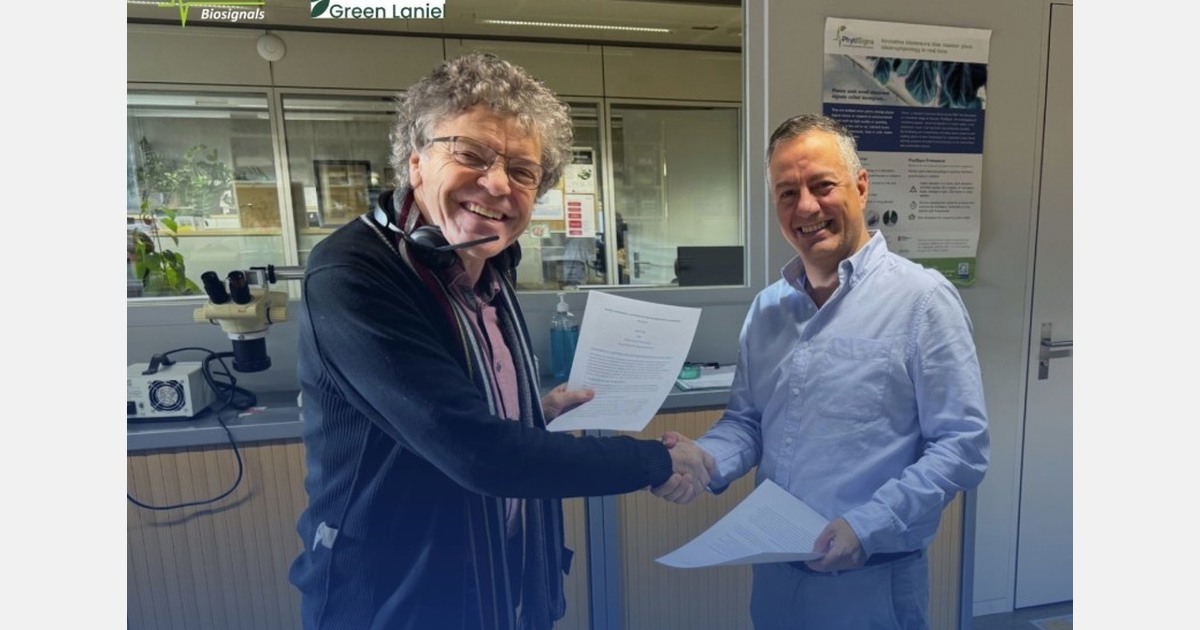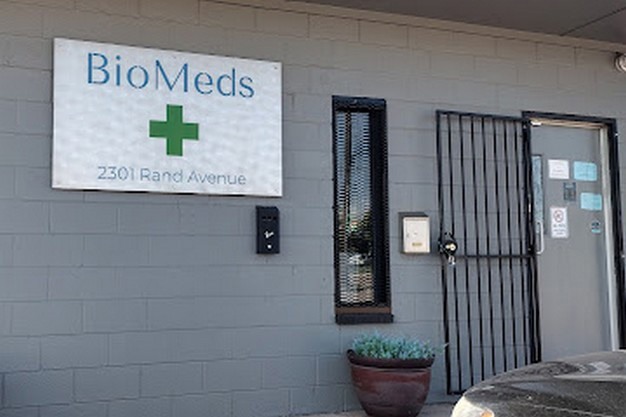“In India, we would like some certainty about these products so that those who manufacture and sell them know what our laws are.”
By Leslie Bonilla Muñiz, Indiana Capital Chronicle
Indiana lawmakers want state legislation to join the recently enacted federal ban on intoxicating and synthetic hemp products to counter the growing delta-8 industry.
Lengthy and complex legislation would also regulate less potent products that pass statutory muster.
But, “there will be no demand” for products below the proposed threshold, said Justin Swanson, representing the Midwest Hemp Council and 3Chi, a THC products retailer.
THC is the active ingredient in marijuana.
Sen. Aaron Freeman, R-Indianapolis, admitted to the committee that he would prefer to “wipe all these things off the planet, period,” but that his proposal is “whatever is possible.”
His Senate Bill 250 would mimic Congress’s shutdown of what Freeman described as the “Farm Bill loophole,” referring to 2018 legislation that defined legal hemp as any part of the plant that contains less than 0.3 percent delta-9 THC by dry weight. That definition allowed products containing delta-8, THCA and other intoxicating cannabinoids to proliferate, including in Indiana.
A federal funding law passed in November specifies that all types of THC count. It also limits THC products to just 0.4 milligrams per container, and completely bans those made in labs.
“I think (that’s) what the federal government wanted when they passed the Farm Bill in 2018; I think that’s what everybody had in mind when they copied that language here in Indiana,” said Chris Daniels, chief traffic safety resource attorney for the Indiana Prosecuting Attorneys Council. “The target was very low potency THC.”
An industry group supported the changes.
“It is imperative that Indiana act to align with federal policy in the 2026 legislative session,” said Cory Harris, representative of the American Cannabis and Hemp Trade Association. “Failure to do so means that Indiana’s policy will be stricter than federal law, making Indiana a legal cannabis market.”
The federal provisions will go into effect in November. Freeman’s bill repeats those provisions, but puts them into effect four months earlier, in July.
“It’s sweet that Indiana codified a federal law that will decimate an entire industry in the state,” Swanson said. “The landscape is still unsettled.”
U.S. Rep. Jim Baird — a Republican representing Indiana — introduced a proposal to push the effective date of the federal ban to 2028. President Donald Trump also signed an executive order to expedite the reclassification of marijuana as a less dangerous and less restricted drug.
Swanson said his clients support a “responsible regulatory framework,” and told lawmakers that “the status quo is not acceptable to anyone.”
Freeman’s invoice spends dozens of pages specifically regulating low-THC “hemp-derived cannabinoid products” that would be legalized, primarily with a long-standing 21-and-over requirement.
It also puts the Indiana Alcohol and Tobacco Commission in charge of regulating the rest of the industry, establishing four types of licenses for manufacturers, distributors, retailers and carriers. They would be prohibited from advertising within 1,000 feet of schools, playgrounds and others, with retailers prohibited from operating within the same radius.
Retailers would not be able to deliver products or allow customers to consume them on the spot. Selling the products online would also be illegal, another sticking point for advocates.
Dave Colt, CEO and co-founder of Sun King Brewery, said his homegrown company spent months and more than $100,000 on equipment, research and development for its THC seltzer. Amid declining alcohol sales nationwide, seltzers have allowed Sun King to retain its employees and even grow.
“We also make products for at least a dozen Hoosier small businesses. Without that additional revenue, we would be forced to lay off people and reduce our business significantly,” Colt stated. “We believe the industry wants clear regulations to meet consumer demand.”
Other provisions relate to packaging, labeling and testing.
A fiscal impact study by the nonpartisan Service Agency estimated a financial impact of half a billion dollars annually for ATC to administer and enforce the proposal. The agency will have to hire at least one excise officer in each of the six districts plus Marion County to investigate complaints related to the new regulatory framework.
There will be additional costs for law enforcement training, procurement and online databases, the analysis noted.
The costs could be offset by the permit and other fees collected. The measure would allocate 70 percent of the proceeds to ATC administrative efforts, 20 percent to enforcement, 5 percent to the state’s 988 suicide and crisis hotline and 5 percent to the general fund.
If all tobacco sales certificate holders applied for a retail permit, for example, their application fees would generate $2.1 million. If all are approved, the state would earn an additional $4.6 million, according to LSA’s analysis.
The state seed commissioner would handle licensing for hemp growers and handlers.
Freeman also included a sentence that prevents the Indiana code from immediately reflecting the federal reclassification of marijuana, if that goes forward.
“This bill simply says that we’re not going to automatically follow what the federal government does, that we, the 150 of us, would make that decision, not the federal government for us,” Freeman told his colleagues.
The Senate Commerce and Technology committee also approved an amendment to eliminate an excise tax, as all revenue-raising provisions must be initiated in the House.
The revised legislation passed on a 7-2 party line vote, but the next bill must pass through the Senate Appropriations Committee before going to the House floor.
Previous efforts to ban and regulate intoxicating hemp products have failed.
Asked about his chances this year, Senate Republican Leader Rodric Bray told reporters, “I don’t have that crystal ball,” but added, “I think the bill is in pretty good shape right now.”
“I think in Indiana, we would like some certainty about these products, so that those who manufacture and sell them know what our laws are,” he continued, “and, most importantly, to build in some really meaningful protections for our young people across the state.”
This story was first published by the Indiana Capital Chronicle.
Brendan Cleak’s photo.


 Cannabis News5 months ago
Cannabis News5 months ago
 Florida5 months ago
Florida5 months ago
 Canadian Cannabis News5 months ago
Canadian Cannabis News5 months ago
 Video5 months ago
Video5 months ago
 Best Practices5 months ago
Best Practices5 months ago
 Video5 months ago
Video5 months ago
 Video5 months ago
Video5 months ago
 Advanced Flower Capital5 months ago
Advanced Flower Capital5 months ago






























